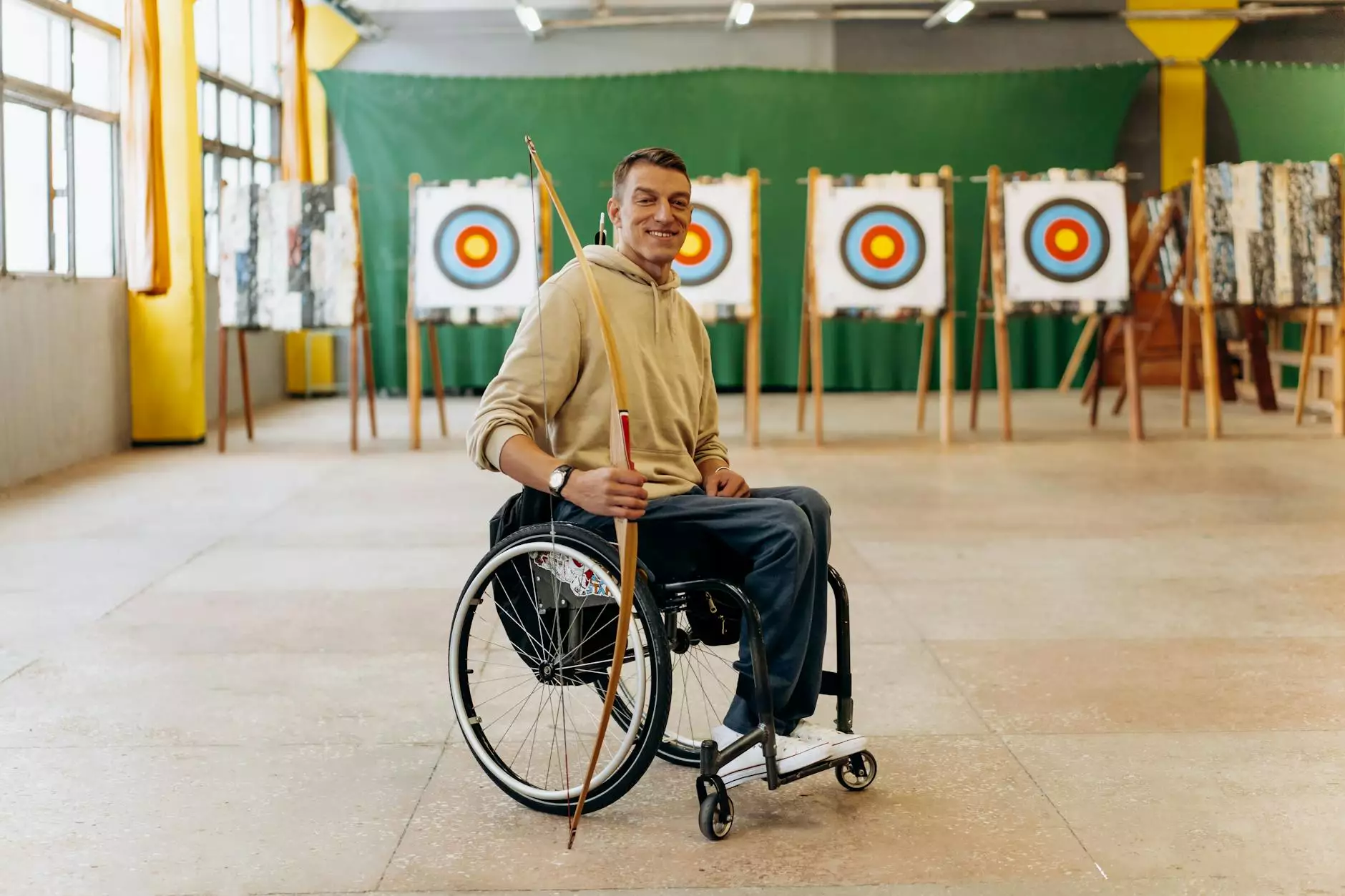Transforming Obesity Surgery Trainings with VR Technology

In recent years, the healthcare industry has experienced a seismic shift in how practitioners are trained and educated, particularly in the field of bariatric surgery. With the advent of virtual reality (VR) technology, the traditional paradigms of surgical training are being significantly redefined. This article will explore how obesity surgery trainings with VR technology are paving the way for enhanced educational experiences and improved surgical outcomes.
The Evolution of Surgical Training
Traditional methods of surgical education often involve a mix of theoretical learning and hands-on practice under the supervision of experienced surgeons. This process, while effective, can sometimes lack the immersive experience that new trainees require to fully grasp complex procedures. The introduction of VR technology has changed this landscape dramatically.
Challenges in Conventional Training Methods
- Limited Practical Exposure: Trainees often have to wait for surgeries to observe or practice, which can lead to missed opportunities and increased anxiety.
- Variation in Patient Cases: Every patient is unique, and the variability in cases can complicate training, making it hard to cover all potential scenarios.
- High Costs: Traditional training often incurs significant costs related to materials, facilities, and time.
What is Virtual Reality Technology?
Virtual reality technology immerses users in a simulated environment, allowing for real-time interaction and engagement. This technology utilizes headsets and motion tracking to create an experience that mimics reality, providing a safe yet effective platform for surgical training. By engaging multiple senses, VR can help reinforce learning and retention.
Benefits of VR in Obesity Surgery Training
In the context of obesity surgery trainings with VR technology, the benefits are multi-faceted:
- Realistic Simulations: VR allows trainees to practice surgical techniques on virtual patients, providing a realistic experience without any risk.
- Immediate Feedback: Trainees can receive instant feedback on their performance, enabling quick adjustments and learning.
- Repetitive Practice: Skills can be honed through repeated practice of complex procedures, all within a controlled environment.
- Customization: Training programs can be tailored to incorporate specific cases or techniques important to different practitioners.
Implementing VR Technology in Surgical Training Programs
Adopting VR technology in obesity surgery training can't be achieved overnight. It requires a systematic approach to ensure that it integrates smoothly into existing curricula. Here are some steps that organizations can take to implement this innovative technology effectively:
1. Assessment of Training Needs
Before implementing VR training, it's essential to conduct a thorough assessment of the specific needs of the surgical team. This includes identifying the types of surgeries performed, the skill levels of the trainees, and any particular challenges they face.
2. Selecting the Right Technology
There are various VR platforms available, ranging from simple, cost-effective systems to highly sophisticated simulators. Select a platform that meets the training needs while providing a user-friendly experience. Collaborate with VR technology experts to ensure that the system chosen aligns with your educational goals.
3. Creating Training Content
Developing high-quality training content is critical. Engage surgeons, educators, and subject matter experts to create realistic scenarios that reflect actual surgical procedures. Make sure the VR simulations cover the full spectrum of obesity surgery, including pre-operative assessments, surgical techniques, and post-operative care.
4. Integrating into Curriculum
Once the technology and content have been established, it's important to integrate VR training into the overall curriculum. This should not replace traditional training methods but should complement them to enhance the learning experience.
5. Continuous Evaluation and Feedback
Regular evaluation of the training outcomes is essential to ensure that the VR program is meeting its objectives. Gather feedback from trainees and instructors to make necessary adjustments to the training modules.
Impact on Surgical Skills and Patient Outcomes
The implementation of VR technology in obesity surgery trainings has far-reaching implications on both the skill development of surgeons and the safety of patients. Studies have indicated that surgeons who trained with VR technology showed a marked improvement in their procedural skills and a decrease in errors during actual surgeries.
Enhanced Skill Acquisition
VR training offers a hands-on experience where surgeons can practice intricate procedures repeatedly until they master the necessary techniques. This repeated exposure is crucial in facilitating skill acquisition, especially for complex surgeries like gastric bypass or sleeve gastrectomy.
Improved Patient Safety
With improved surgical skills comes enhanced patient safety. Surgeons trained with VR experience fewer complications during actual procedures, which translates into better patient outcomes and higher surgical success rates.
Future Directions in VR and Surgical Training
As technology continues to evolve, so too will the opportunities for VR in medical training. The future holds exciting prospects for further integration of VR, including:
- AI-Powered Simulations: The incorporation of artificial intelligence can lead to more personalized and adaptive training experiences.
- Remote Training: With advancements in telemedicine, trainees can potentially learn from experts around the world in real-time scenarios.
- Collaboration and Networking: Virtual environments may allow for collaborative training with peers, enhancing learning through shared experiences.
Conclusion
The integration of obesity surgery trainings with VR technology is transforming medical education by providing a safe, effective, and immersive learning environment. As healthcare continues to embrace innovation, training programs that incorporate VR not only enhance the skills of surgical trainees but also lead to improved patient outcomes and overall satisfaction.
At rotstudio.com, we are at the forefront of this technological revolution, committed to empowering the next generation of surgeons with cutting-edge training solutions that will redefine the landscape of obesity surgery.









